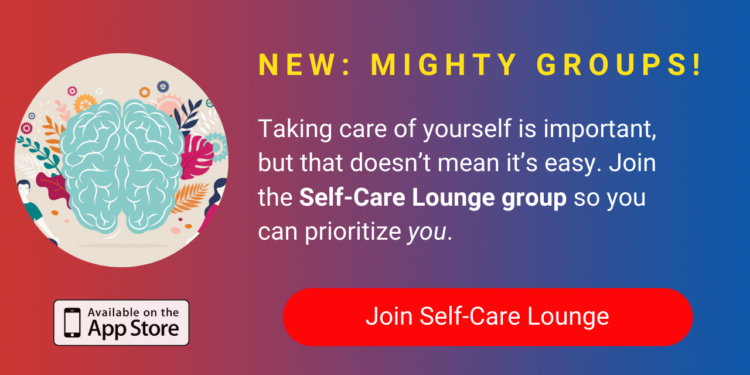One of the few benefits of this unprecedented time has been the ability to reset — and rethink — the way we work. We have realized that working from home is entirely possible. We’ve also been encouraged to slow down and focus on what really matters in life. And guess what? Mental health is something that really matters. Like, really, really matters.
Too often, those who live with mental health issues are shamed or sidelined, because they require flexibility to work in a way that is sustainable — even though the quality of their work and ideas are as good or better than “healthy” or neurotypical employees.
Because the American work structure is so dogmatic in its rigidity, highly talented individuals are underemployed or unemployed, costing the global economy billions annually. These costs could be reduced by the not-so-radical implementation of increased flexibility, compassion, advocacy and progressive thinking. Below are seven ways employers and managers can support employee mental health.
1. Treat sick days taken for mental illness the same way you treat a sick day taken for physical illness.
No shame. No guilt. Period.
2. Be aware of the signs of burnout, and proactively offer your employees the option to take time off to focus on their mental health, when needed.
If the issue can’t be solved by time off, ask what you can take off their plate, or what sort of flexibility would make things less stressful for them?
3. Allow schedule flexibility and working from home without making the suggestion that doing so means an employee is lazy or somehow less dedicated.
This has proven to be a fallacy. Office employees spend an estimated five hours and seven minutes not working during an eight hour work day. So just because someone is at the office doesn’t mean they’re working harder than the person working from home. Often, a quiet home environment makes remote work more conducive. For folks who live with chronic mental health conditions, the ability to work from home might be necessary to their ability to sustain a job longterm, due to symptom flare-ups. Flexibility that allows someone to work a full day, with less emphasis on the 9-5 office regimen, is more inclusive to those with health issues who might not be able to be at the office every day, or who might need breaks outside of the noon hour, but who provide just as much (and perhaps more) value to a company.
4. Be an “out loud” advocate of mental health and self-care.
Create a judgment-free environment that allows people to feel secure asking for what they need when they need it. Encourage folks to take a break before they break down. Commend employees’ for self-care. This should not be a progressive concept, and yet it still feels radical when employers make real, tangible efforts to ensure their employees’ mental wellness.
5. Institute a zero-tolerance policy when it comes to any form of bullying, shaming or disrespect toward mental health and mental illness.
This includes jokes, snide remarks, insensitive language, etc.
6. Implement and educate your company on what sort of short and long-term disability is offered when a leave of absence is needed.
Many people assume sick leave is only reserved for physical illness or injury, which, of course, is not the case. Inform them. Be their advocate.
7. Promote employees with mental illness to leadership positions and embrace the accommodations they may require.
They might do the job differently, but that doesn’t mean they can’t do it. Some of the most brilliant minds and prolific innovators throughout human history belonged to those with mental illness (Google it).
Getty image by Lyndon Stratford


